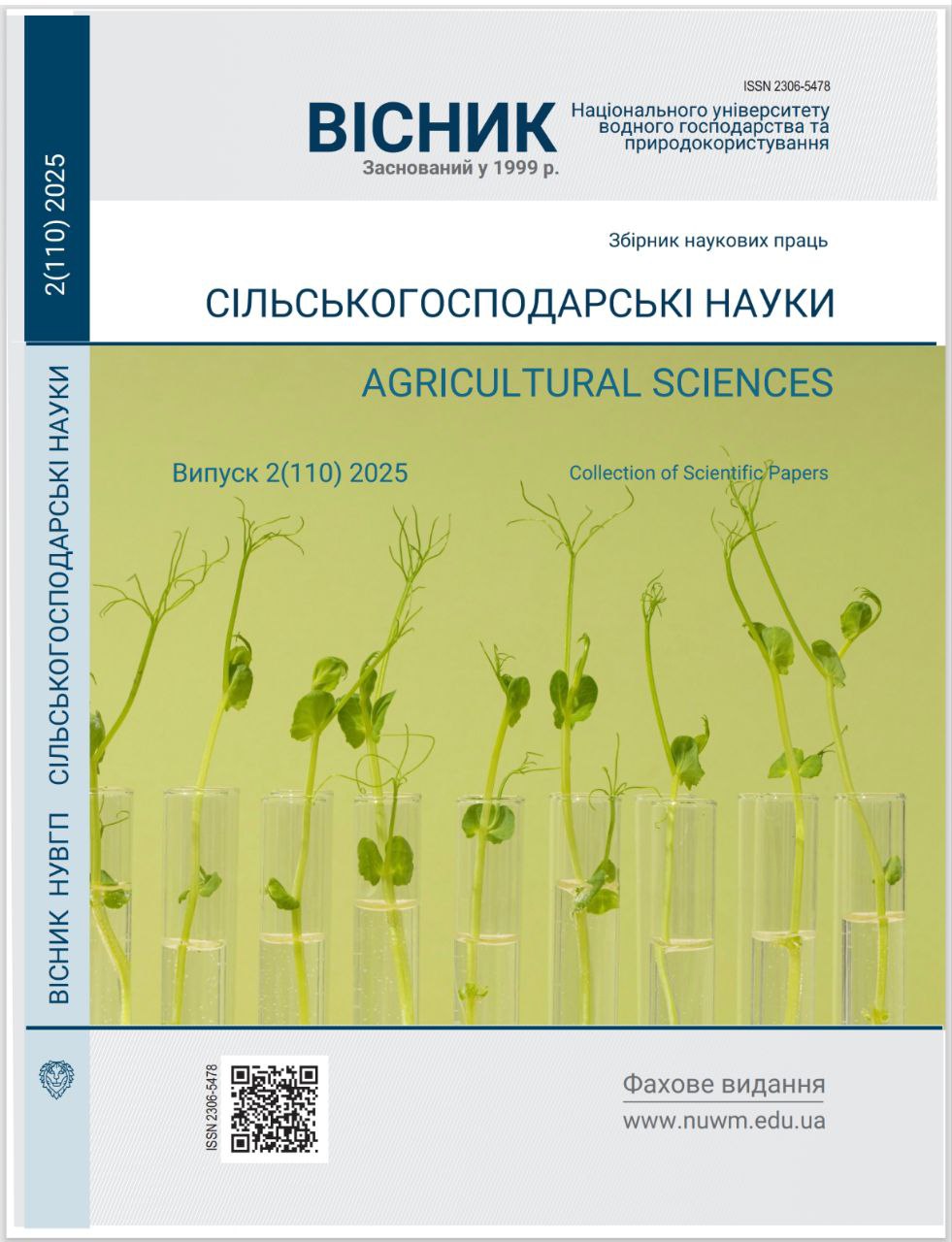АCTIVATION OF COUNTERACTION PROCESSES AGAINST THE IRREVERSIBILITY OF EVOLUTION OF THE ORGANIC WORLD IN THE AQUATIC ENVIRONMENT OF WESTERN POLISSIA, UKRAINE
DOI:
https://doi.org/10.31713/vs220255Keywords:
organic world, evolution, Anthropocene, aquatic environment, aboriginal ichthyofaunaAbstract
Anthropogenic transformation of water bodies basins in the modern period of the Anthropocene has led to a radical restructuring of the ecosystems of the aquatic environment of rivers and lakes, the composition of the aboriginal ichthyofauna and fish productivity of surface waters, their quality. The problem arises of assessing changes in the ecological situation in the environment as a consequence of the objective process of development of society and the construction of the planet of reason, or as a result of the imperfection of humanity in the formation of the film of life (according to V. I. Vernadskyі). It is obvious that the geoclimatic factor is mainly at work here. Thus, on the vertical stratigraphy of geological rocks of the Mizoch ridge outcrops, millennial layers of small radiolarian deposits are clearly traced, with their subsequent replacement by a layer of mosses during climate change and again with the restoration of a layer of larger radiolarian forms with the transition to thicker layers of clayey-sandy deposits of the Quaternary period, i.e. temporal geoclimatic factors and the duration of the formation of successional changes in the composition of flora and fauna are at work. At the end of the 19th century, the Belgian paleontologist Louis Dollo formulated an empirical rule regarding the reproduction of biological species: “A biological species, if it has disappeared from the organic world of the Earth in the course of evolution, will never appear again”. However, organic life does not disappear suddenly, it is preserved in ecological niches. The geological factor is supplemented by the anthropogenic factor in time. The modern development of society is associated with the radical transformation of river beds, the land surface, and the quality of the environment, the formation of pollution hotspots in river beds after urbanized and over-drained territories in peaty lowlands and floodplains, and the plowing of steppes, i.e. a multistage situation with a change in the state of the environment is being formed. The destruction of certain species of wildlife, such representatives of the aquatic environment as newt, golden crucian carp, carp, trout, can be assessed as a transitional stage in the activation of the processes of forming the irreversibility of the evolution of the organic world in certain regions that are subject to anthropogenic changes, that is, the possibility of preserving the species arises.Downloads
Published
2025-11-06
Issue
Section
Articles

